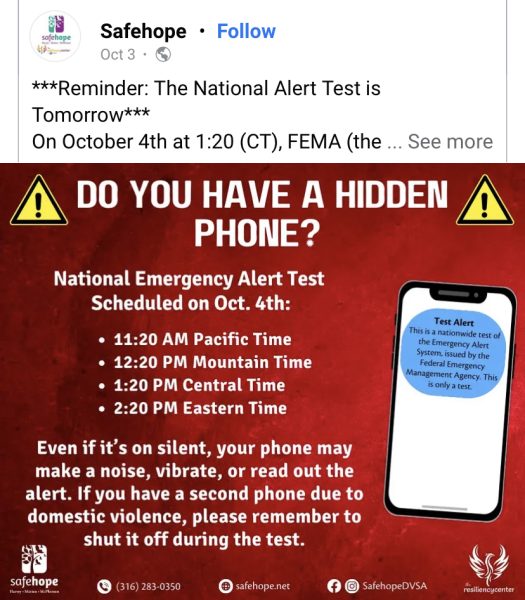Connection to Phones, Boredom & Instinct
October 27, 2022
47 students and teachers responded to a survey at Pine Grove Area High School. The survey asked if they (themselves) use their phones out of boredom or instinct. 37 of them believe they use their phones mostly out of boredom, while only 7 believe they mostly use their phones out of instinct. Only 3 students/teachers responded that they believe they use their phones both out of boredom and instinct.
“I use my phone a lot. Mostly out of instinct” said Kolden Smehz, freshman.
Levi Bettinger, senior, agreed, “ I tend to turn to my phone whenever I’m bored.” Bettinger continued, “ I think our instinct is to use our phones when we have nothing else to do. We see it as a source of communication as well as entertainment.”Faculty even have seen cell phone usage within their classrooms.
“ Every student is on their phone at some point or another. I think it’s a mix of boredom and instinct, ” said Mrs. O’Neil, math teacher.
“All the time. Every period. Everyday. I see students on their phones,” said Mr. Herring.
“I see students on their phones everyday. I think most issues that occur because of phones are a personal responsibility. ” said Mr. Dunkelberger, High School Assistant Principal.
All of this is part of the teenage pastime, using phones all the time. The Guardian put out an article all about this, saying “…We have a new way to be bored, but the feeling is identical. And just like pre-smartphone teenage boredom forced creativity and innovation – inventing a new game, exploring somewhere new – the phone-bored can also scroll their way into productivity, stumbling upon an incredible new Instagram artist, for example, or seeing a tweet that inspires a blogpost.” This new found phone boredom has created some other problems for the High School audience. A study in 2020, by the National Library of Medicine, which took 1,099 college students and required them to fill out a questionnaire. Finding that depression partially mediated the connection between boredom proneness, and problematic phone usage, while the skill of attention control moderated the connection between boredom proneness, problematic phone usage, and depression while the connection to depression was shown to be weaker in college students that exhibited higher levels of attention control.
















